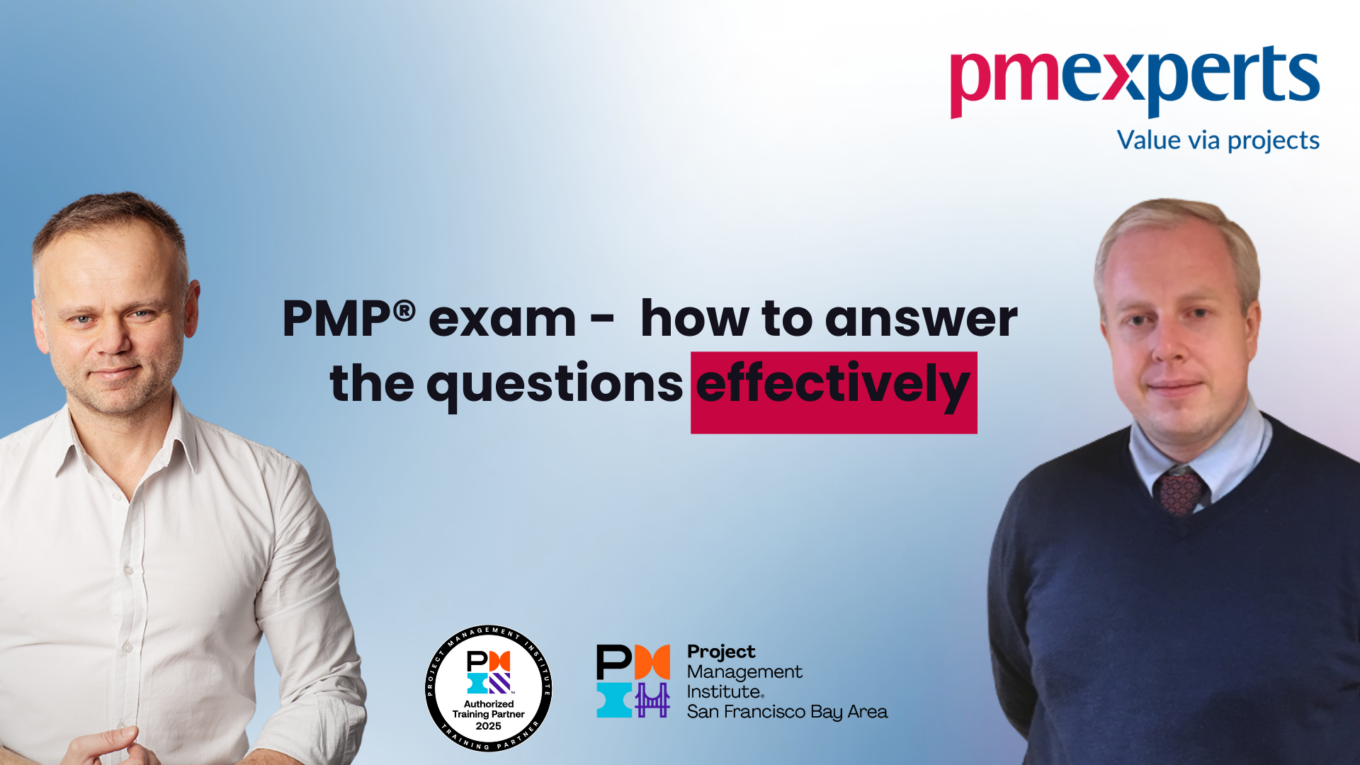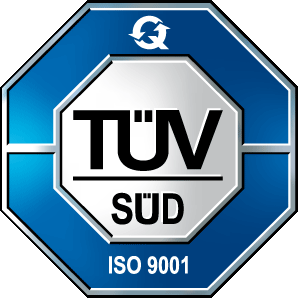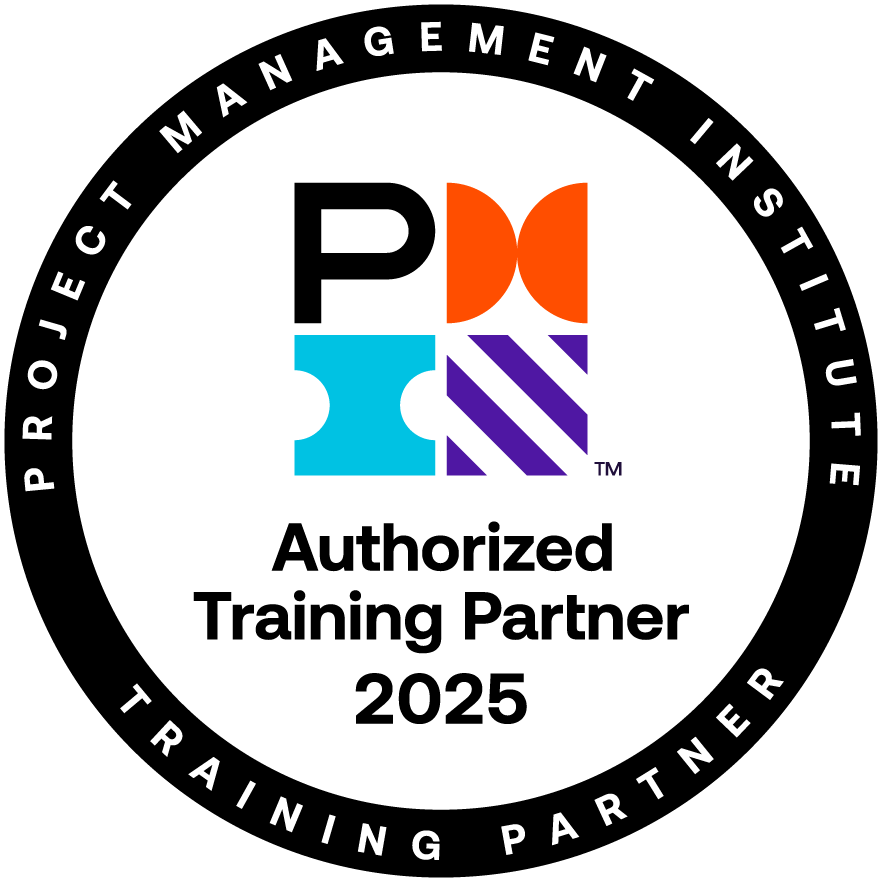How did your adventure with project management begin?
The beginnings of my adventure with project management date back to high school. In 1998, as a high school graduate, I participated in a training organized by the School for Leaders. It was my first meeting with project management.
During my studies, I mainly carried out projects related to non-governmental organizations. For example, at the Polish Youth Projects Association I was involved in the promotion of the Euro 2026 Charter in academic institutions, which required organizing events such as traveling around Poland and conducting conferences.
Did your first projects shape you as a project manager? What impact did they have on the kind of advisor and trainer you are today?
My initial experiences shaped me as a project manager, for example in the field of project financial management, which is important, especially in non-governmental organizations.
Later, I had the opportunity to meet pmexperts thanks to cooperation with the Polish Youth Projects Association, which directed me to the PMP Academy. This event initiated my adventure with this company.
What does the everyday work of an advisor, consultant and project manager look like? What are your tasks and responsibilities?
As for my daily work, every day is different. I provide training, but also work as an advisor and consultant. During training, I try to adapt the program to the participants’ needs, which means that no two sessions are identical. In addition to training, I also provide consulting, and my goal is to provide clients with solutions based on the best project management practices, tailored to their organizational specificity.
I work both on implementing project management methodologies in organizations and on directly assisting project managers in carrying out their tasks. I meet with project teams to help solve specific challenges. My consulting work is very diverse and always tailored to the client’s needs.
What are the biggest challenges in project management today? What challenges do you face most often?
I don’t think the challenges I will face now are any different from those that existed before. A big challenge in project management is the dynamics of changes in the world. Political events such as the war in Ukraine, social change, migration and environmental issues make the design environment a more volatile and unpredictable space. This poses difficult tasks for design teams, where intuition and acting on the basis of experience may not be enough.
Project management has always been work in an extraordinary environment, where the dynamics of changes and activities have become a specific feature of this type of activity. This requires the right tools and practices that help project teams effectively deal with these challenges.
What character traits are key in a good project manager? Is there such a thing as an ideal project manager?
Project management environments are different, so it is impossible to create one coherent image of an ideal project manager. Just because someone is successful as a project manager in one environment does not mean that they will also be successful in another environment.
Of course, there are certain qualities of a project manager that are welcomed. We focus on three main areas. The first is stakeholder management. This involves identifying, mapping and understanding stakeholder needs and incorporating those needs into the project. As the world changes, identifying and managing stakeholders becomes more and more complex.
The next area is requirements management. Effectively prioritizing and aligning project scope based on requirements is crucial to avoid conflicts and discrepancies during project implementation. In today’s environment where change is more frequent, maintaining a clear project scope becomes even more critical.
The third area is risk management. This requires a willingness to adopt a flexible approach and critical thinking. Even the best plans may go wrong in a dynamic environment. Therefore, it is important to be prepared for changing conditions and be able to adapt to deal with unexpected challenges.
If can anyone become a project manager? Do you have to have innate qualities or can everything be learned?
When it comes to the character traits that are crucial for a good project manager, there is no single ideal pattern because project environments are changeable. Nevertheless, qualities such as the ability to communicate and negotiate, organizational sense, readiness for a flexible approach and critical thinking can help a project manager succeed in various environments.
What advice do you have for people who are just starting their adventure with project management?
In project management, environment and context play a key role. There is no one perfect way to become a perfect project manager, because everyone has their own unique development path. I often meet experienced managers who want to expand their skills and approach to project management. They are particularly good at PMP Academy training and specialized training such as Program Management or Project Portfolio Management.
For those who are just starting their adventure with project management, I suggest starting by learning the project management framework. The PRINCE 2 methodology is useful for beginners and can provide a solid foundation. At the beginning, it is worth focusing on structuring the basic levels, roles and tasks at various stages of the project.
As your career progresses, a project manager will need practical guidance and more advanced tools to manage projects effectively. However, it is worth remembering that professional reality differs from ideal models, so you need to be ready to adapt and deal with imperfections.
Which of the projects in your career was the biggest challenge, but thanks to your experience and PM methodology it ended in success?
The most interesting project in my career was cooperation with Viterra Polska, which I carried out as a pmexperts consultant. This project was very extensive and cross-sectional. My work was not only about implementing project management methodologies, but primarily about building a project management culture in the organization.
During this project, we did not focus on the implementation itself, but on creating a spirit of cooperation and understanding between the various parties involved in the projects. We cooperated with six different companies, including two in Germany and four in Poland. These companies operated in different areas, which created additional challenges.
Despite cultural differences, differences in approach to project management and differences in working conditions, we managed to create a system that was acceptable to all involved. It was a fascinating cultural challenge.
The project lasted over 20 months and was the largest and most interesting project I have conducted as a consultant.
As an experienced project manager, you have achieved many professional milestones, but there are certainly a few goals left to achieve. Would you like to share with us your plans for the future?
The project management area, as well as the entire world, faces challenges related to sustainable development and work automation. Artificial intelligence has gained popularity this year, but it has been with us for a long time. I am very curious how it will change the daily work of a project manager in terms of tools. I plan to closely monitor these changes and be an active participant in them.









